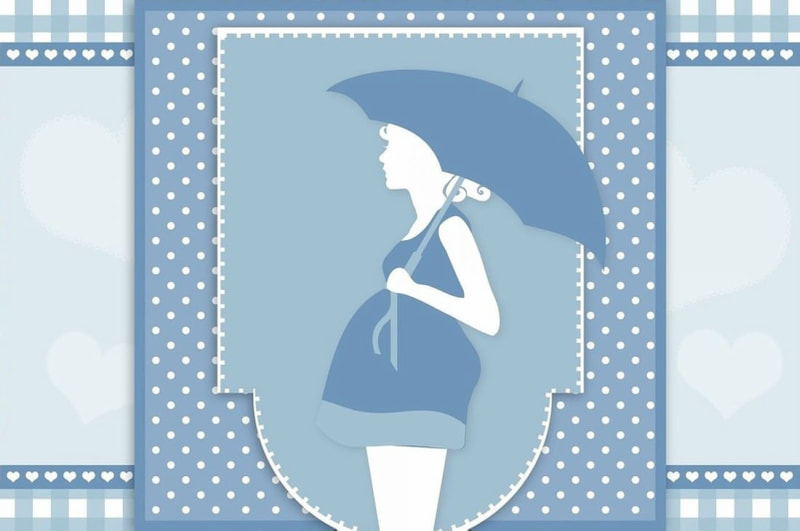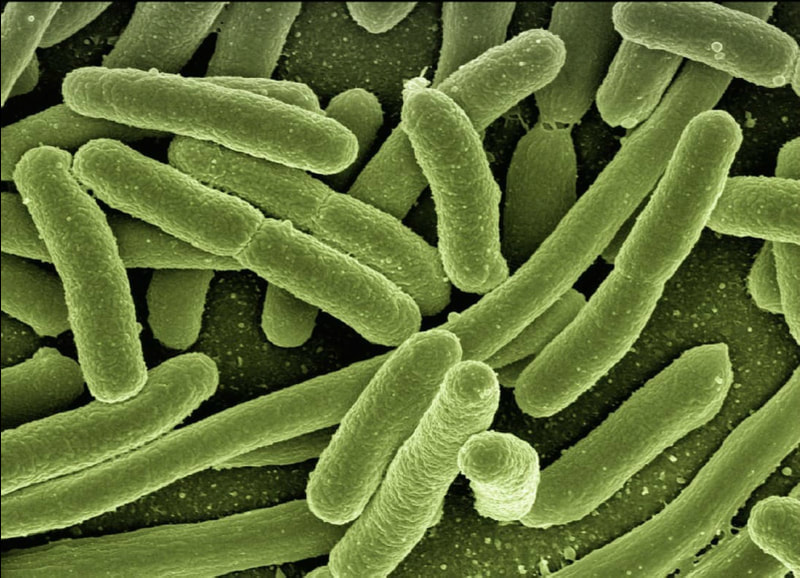Eating as a Coping Mechanism During the COVID-19 Pandemic
A series of pneumonia cases were reported in Wuhan, China on December 31st, 2019. The root cause of these cases was initially unclear, but symptoms of the disease were remarkably similar to those caused by SARS-CoV (severe acute respiratory syndrome coronavirus), inspiring the name of the new virus: SARS-CoV-2 (severe acute respiratory syndrome coronavirus 2). This virus is responsible for causing coronavirus disease, or COVID-19 for short. There have been about 128.1 million confirmed cases and over 2.8 million deaths related to SARS-CoV-2 worldwide as of March 30th, 2021. The spread of this disease has continued to escalate, requiring strict stay-at-home orders for most Americans. As a result, COVID-19 has had a visible impact on individuals’ physical health.
Unhealthy dietary habits, especially in the form of eating more than one usually would, are one maladaptive form of dealing with discomfort and negative feelings. Among young adults, emotional eating is common and has been linked to weight gain. Weight changes have been amplified during the COVID-19 pandemic and can be traced to elevated emotional eating and overeating—behaviors related to factors such as stress, depressive symptoms, financial pressure, and isolation.
To analyze the relationship between the COVID-19 pandemic and eating as a coping mechanism, researchers studied the eating habits of young adults before (at baseline) and during the pandemic. They collected data from 1820 participants in Southern California through two voluntary surveys that asked participants to self-report their body mass index (BMI) values. Subjects were also asked about their eating habits, including if they recently ate unhealthy high-fat or sugary foods, or if they ate in larger volumes than usual.
Unhealthy dietary habits, especially in the form of eating more than one usually would, are one maladaptive form of dealing with discomfort and negative feelings. Among young adults, emotional eating is common and has been linked to weight gain. Weight changes have been amplified during the COVID-19 pandemic and can be traced to elevated emotional eating and overeating—behaviors related to factors such as stress, depressive symptoms, financial pressure, and isolation.
To analyze the relationship between the COVID-19 pandemic and eating as a coping mechanism, researchers studied the eating habits of young adults before (at baseline) and during the pandemic. They collected data from 1820 participants in Southern California through two voluntary surveys that asked participants to self-report their body mass index (BMI) values. Subjects were also asked about their eating habits, including if they recently ate unhealthy high-fat or sugary foods, or if they ate in larger volumes than usual.
Image Source: Artem Labunsky
With a few gaining or losing a more substantial amount of weight, most participants either held a stable weight or gained/lost a few pounds. In order to cope with the pandemic, 31% of participants reported overeating and 35% reported unhealthy food consumption. In addition, 18% of participants reported both overeating and unhealthy food consumption, 13% only reported overeating, and 17% only reported unhealthy food intake. By contrast, 52% of participants reported neither overeating nor consumption of unhealthy foods.
In regard to a potential relationship between overeating to deal with the pandemic and baseline weight, a significant connection was observed: participants who overate gained an average of 3.01 pounds more (from baseline to follow-up) than those who did not. This association may have stemmed from the stay-at-home orders implemented to control the pandemic. However, no significant relationship was observed between weight change and unhealthy food consumption to cope with the pandemic. Overall, greater weight gain among people of larger baseline weight was correlated with overeating or consuming unhealthy foods to deal with the pandemic. For people of smaller baseline weight, there were no differences in weight gain associated with eating to deal with the pandemic.
These results offer evidence that in this young adult study, there was a noticeable use of unhealthy eating habits to cope with difficulties created by the pandemic, namely isolation and social distancing—48% of the participants reported one or more maladaptive behavior. In these young adults, it was observed that overeating to deal with the pandemic was correlated with greater weight gain. Ultimately, the impact of the discomfort and frustration brought about by the ongoing pandemic stay-at-home orders has led to undeniable effects on individuals’ weights and eating habits, with many resorting to eating more and consuming unhealthy foods to cope with the drastic change in social environment.
In regard to a potential relationship between overeating to deal with the pandemic and baseline weight, a significant connection was observed: participants who overate gained an average of 3.01 pounds more (from baseline to follow-up) than those who did not. This association may have stemmed from the stay-at-home orders implemented to control the pandemic. However, no significant relationship was observed between weight change and unhealthy food consumption to cope with the pandemic. Overall, greater weight gain among people of larger baseline weight was correlated with overeating or consuming unhealthy foods to deal with the pandemic. For people of smaller baseline weight, there were no differences in weight gain associated with eating to deal with the pandemic.
These results offer evidence that in this young adult study, there was a noticeable use of unhealthy eating habits to cope with difficulties created by the pandemic, namely isolation and social distancing—48% of the participants reported one or more maladaptive behavior. In these young adults, it was observed that overeating to deal with the pandemic was correlated with greater weight gain. Ultimately, the impact of the discomfort and frustration brought about by the ongoing pandemic stay-at-home orders has led to undeniable effects on individuals’ weights and eating habits, with many resorting to eating more and consuming unhealthy foods to cope with the drastic change in social environment.
Image Source: cottonbro
RELATED ARTICLES
|
Vertical Divider
|
Vertical Divider
|
Vertical Divider
|






